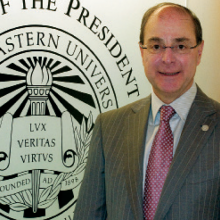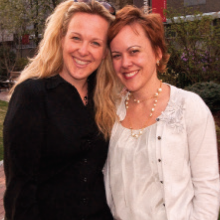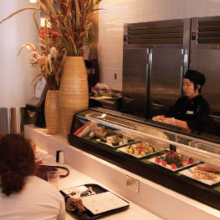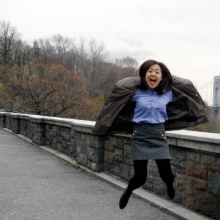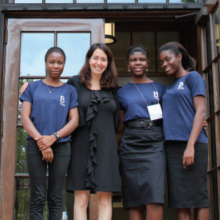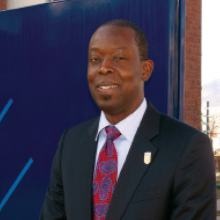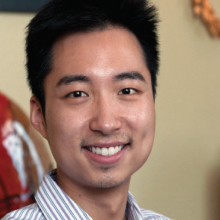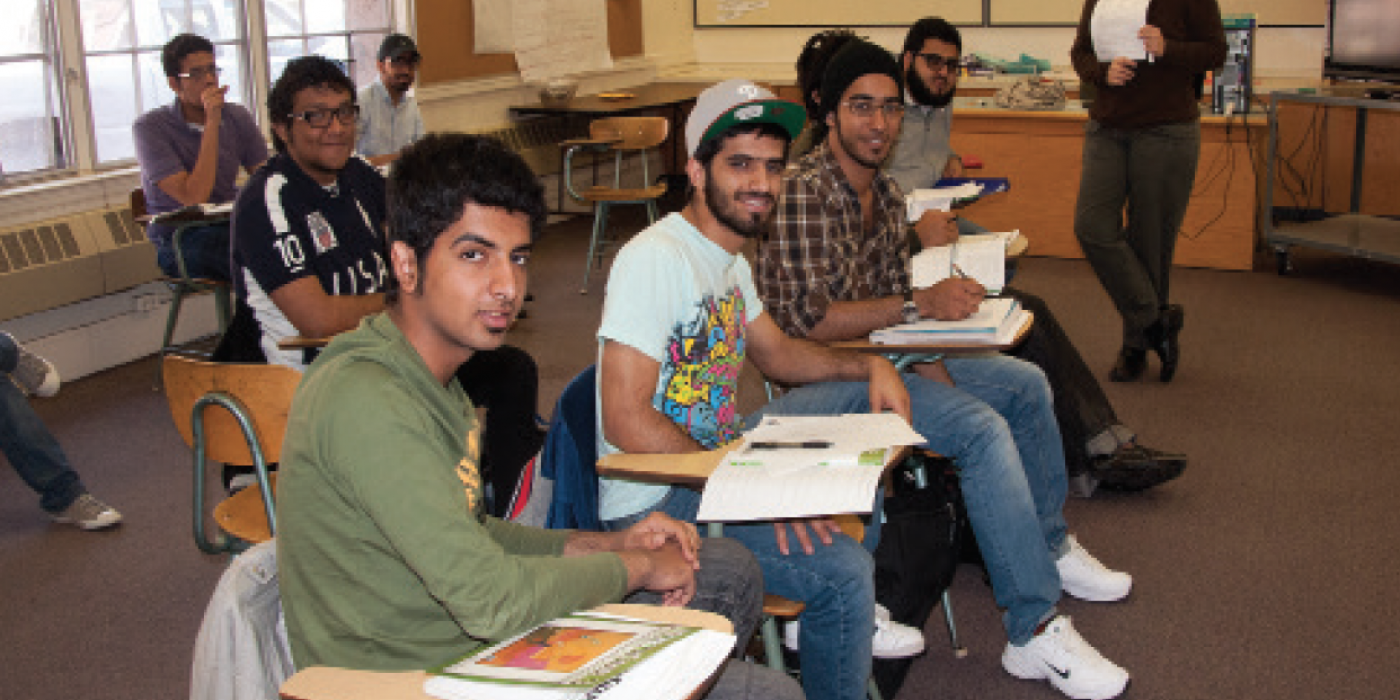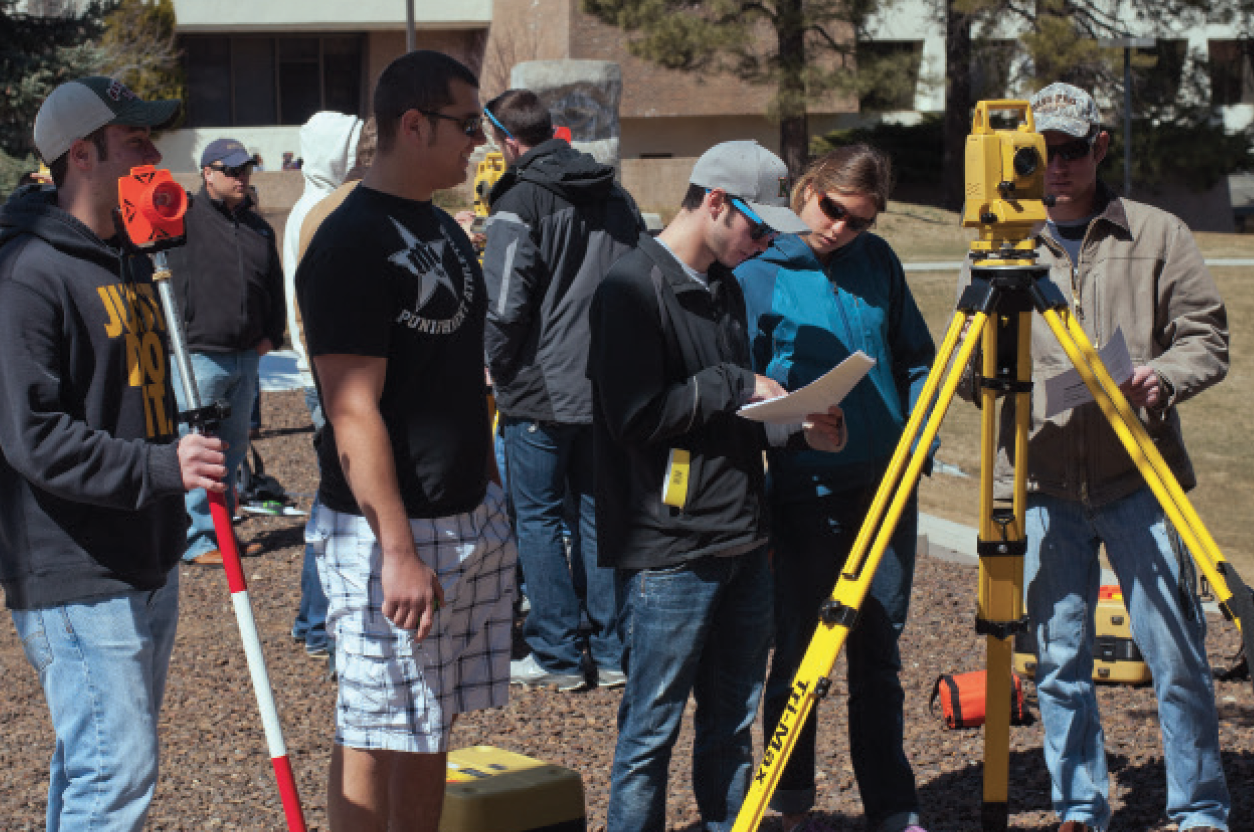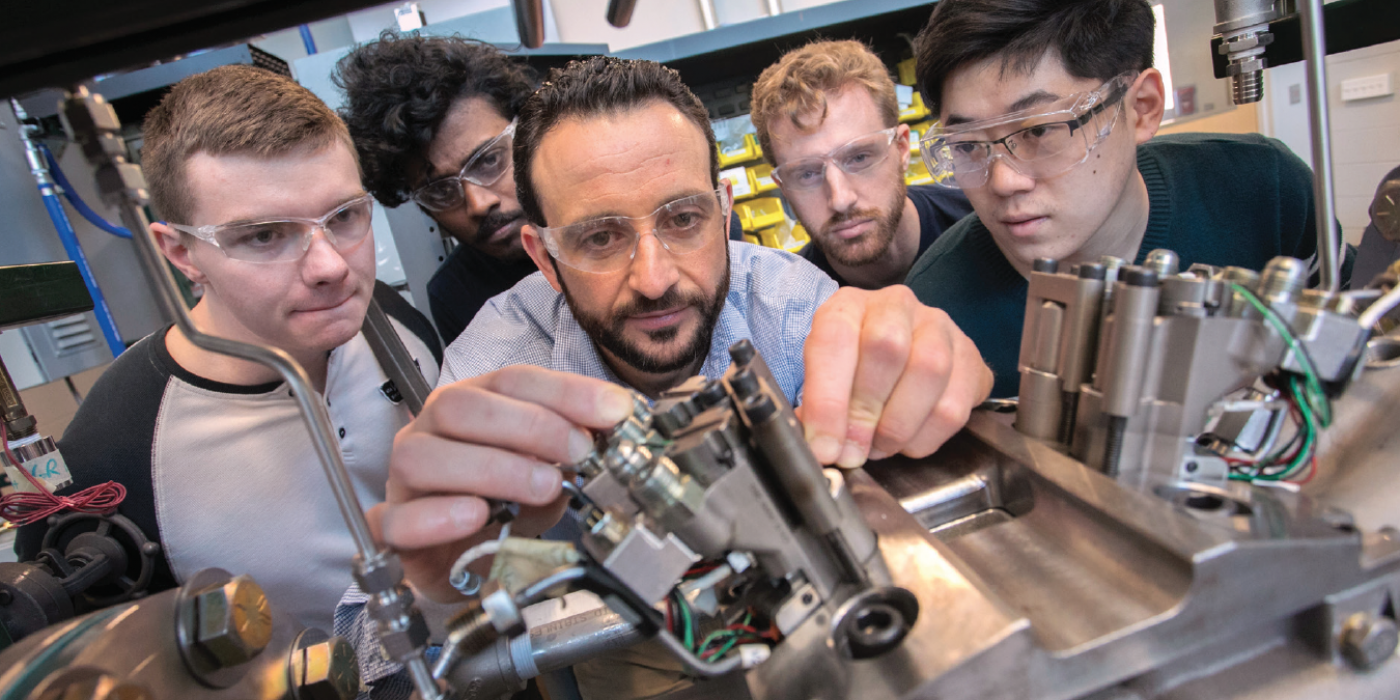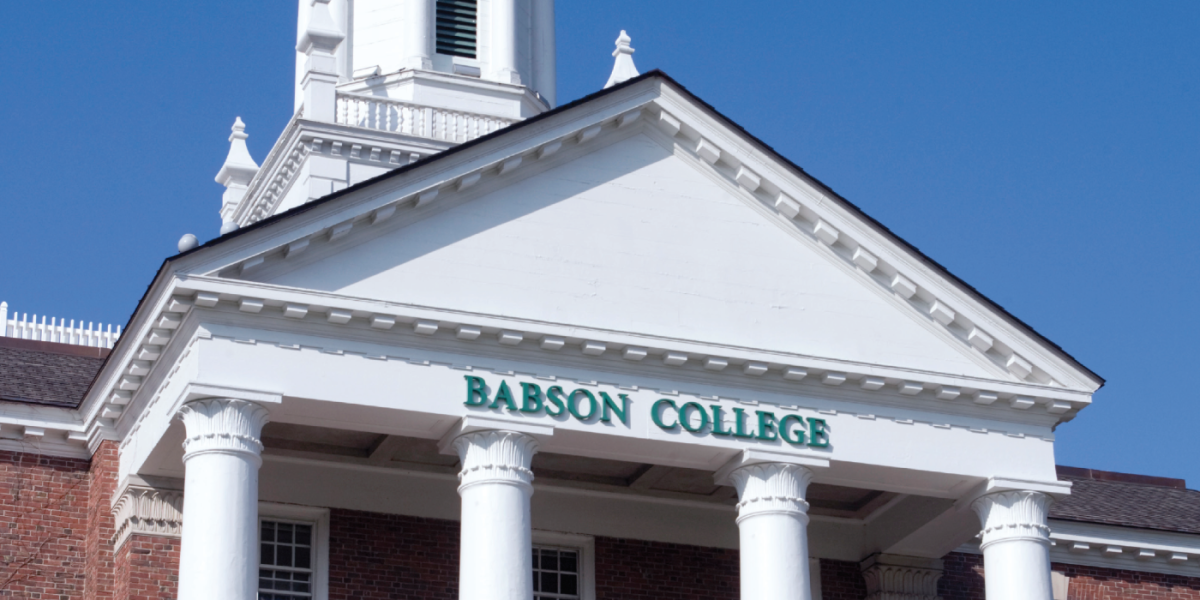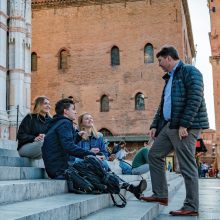2010 Comprehensive Northeastern University
Two dozen young scholars visiting the United States on Fulbright exchanges were in the middle of an afternoon of workshops at Northeastern University in Boston when President Joseph Aoun dropped by to offer greetings and a short lesson on U.S. higher education. The linguistics scholar called it “the only truly open system in the world.” When there is a faculty opening, no one checks where the applicants’ passports are from, he said. Instead, “we seek the best brains wherever they are.” Public and private universities compete fiercely for faculty, students, and research grants; promotion is based on merit; and professors share in profits from their inventions. The government provides support but does not dictate what or how colleges and universities teach. “We don’t believe in onesize-fits-all,” Aoun said. India and other countries in Asia and Latin America are looking to adapt this model and open up their systems of higher education, Aoun said. “It’s going to happen. Competition is going to intensify at the worldwide level,” he predicted, then added with a smile, “That’s why you’re here. You’re making our life more difficult.”
The Fulbrighters laughed and applauded, appreciating that their host was a personification of how the U.S. system works. Born in Beirut, Labanon, Aoun was educated there, in Paris, and at the Massachusetts Institute of Technology, where he earned a PhD in linguistics and philosophy. He was a professor and dean at the University of Southern California in Los Angeles before returning to Boston in 2006 to become the seventh president of Northeastern University.
Northeastern, a private research university in the heart of Boston, is a recognized leader in experiential or cooperative education. The tradition started in 1909, a decade after the university’s founding, when four engineering students rode trolleys after class to part-time jobs around the city. Today, thousands of Northeastern students alternate semesters in the classroom with sixmonth stints in the working world. Those jobs, once confined to Boston, now take them from coast to coast and, increasingly, to London, Paris, Singapore, and beyond. Aoun created a Presidential Global Scholars initiative with a $1 million annual budget that awards students grants up to $6,000 to cover the added expense and, in some cases, lost income when they do co-ops abroad. Northeastern students typically earn $15,000 on co-ops in the United States—a far cry from the 10 cents an hour those four engineering students made a century ago. Many do two or three co-ops before graduation.
“Aoun wants to double the number of students’ choosing international co-ops and ‘give every student the opportunity to have an international experience.’”
So far only a small fraction—about 300—of the 6,000 co-ops that Northeastern students go on each year are international. The difficulty of securing visas and work permits means that some placements are unpaid internships or volunteer positions with charities.
Aoun wants to double the number of students’ choosing international co-ops and “give every student the opportunity to have an international experience.” Aoun expressed delight that at Northeastern he found a university with “a predisposition to embrace the world.” He quickly set in motion the drafting of a new strategic plan for “building a global university” and preparing students to become “engaged citizens of the world.”
Dialogue of Civilizations Propel Education Abroad
Northeastern’s education abroad programs are burgeoning. Nearly 1,700 students studied abroad for credit in 2009–10, a 240 percent increase from barely 700 in 2006–07, and the Office of International Study Programs under new Director William Hyndman III has expanded its staff.
Much of this growth is due to the rapid proliferation in recent years of Dialogue of Civilizations courses in which faculty lead cohorts of students to other countries for intensive courses over several weeks in the summer. The Dialogue courses were pioneered by Denis Sullivan, who directs the International Affairs Program as well as Northeastern’s Middle East Center for Peace, Culture, and Development. He first offered a Middle East studies course in Cairo more than a decade ago, borrowing the “Dialogue of Civilization” name from a term popularized by then-Iranian President Mohammad Khatami, who suggested it as a riposte to the late Harvard political scientist Samuel Huntington’s prediction of a “Clash of Civilizations.”
“Then the United Nations started using the term (Dialogue of Civilization). I thought, ‘That’s what I’m doing. I’m bringing students to Egypt to have a dialogue.’ I started calling my program the Dialogue of Civilizations,” recalled Sullivan. A handful of colleagues followed his example, teaching summer courses in China, Greece, and Mexico. In 2006 then-provost Ahmed Abdelal decided to allow students to apply tuition dollars to cover most of the costs. By summer 2010 some 960 undergraduates took 50 Dialogue programs taught in 37 countries by nearly five dozen faculty. Hyndman, the study abroad director, said for some it is less expensive to study overseas than to stay in Boston and take classes there. “They pay for their eight credits and maybe an additional fee of a few hundred dollars, but that’s it. It’s quite a good deal,” said Hyndman.
In five years at Northeastern, Denise Horn, an assistant professor of international affairs, has led students twice to both South Africa and Thailand and once to Brazil, Dominican Republic, India, and Indonesia either for Dialogue courses or for an international service-learning experience called the NU Global Corps. She teamed with Lori Gardinier, a lecturer and director of the human services program, on a course that took students to India for fall 2009 to work with the Deshpande Foundation on helping poor farmers improve their lives and livelihoods (the human services program is an interdisciplinary major that imparts the skills needed for political advocacy, community development, and social service, at home and abroad). In India, the Northeastern students purchased seeds and encouraged farmers to plant home gardens to feed their families. They also created a sewing workshop for women and taught English to preschoolers. “I had one goal and that was to get out in the world and see what I could find,” said junior Rosie Pagerey. “I consider myself a global citizen now."
“We have a lot of flexibility, a lot of resources, and a culture that’s academic but also business-minded, all of which enables us to move a little faster than other people.”
A New Home and New Interest in Languages
Northeastern moved most of its language classes in 2007 out of the Department of Modern Languages into a World Languages Center housed in the College of Professional Studies. That entrepreneurial college, which once catered primarily to evening and continuing education students, hired 25 new instructors to meet the increased demand from undergraduates. “This has been phenomenal for us,” said Dennis Cokely, chair of modern languages. “Five years ago, we had 800 students per semester studying seven languages. Today we have 13 languages and nearly 1,700 students.” The popularity of international business and international affairs majors also whets students’ appetites for languages. The center teaches 13 languages, including Arabic, Chinese, and Swahili.
Christopher Hopey, the outgoing vice president and dean of the College of Professional Studies, said, “We have a lot of flexibility, a lot of resources, and a culture that’s academic but also business-minded, all of which enables us to move a little faster than other people.” Hopey, recently named president of Merrimack College, retooled the College of Professional Studies in other ways, offering more courses online and off-site at partner institutions in Turkey and Australia. He started the successful NUIn program, which allows Northeastern to admit 200 additional freshmen each year who are sent to London or Thessalonica, Greece, for their first semester of classes. Northeastern forged a partnership with the education company Kaplan Inc. to bring hundreds of students from China and a dozen other countries to Boston and groom them for college-level work. Four hundred such students were enrolled in the Global Pathways program in 2009–10 plus 300 others in English as a Second Language courses.
Online MBAs
The College of Business Administration launched an online MBA in 2006 that now enrolls 1,000 overseas students each year. Typically these online students perform as well or better than those in regular MBA classes in Boston, said Dean Tom Moore, who created the program in response to a request from IBM, which sought to retain promising managers in India by offering them a route to the professional degree.
Many of the business school’s top undergraduates gravitate toward an international business major that requires six months of classes abroad followed by a six-month co-op in the same country. “They are quite cosmopolitan by the time they return,” the dean said. Northeastern also receives 100 exchange students from partner business programs in Europe and Mexico, which “helps internationalize our campus here,” he said.
Drawing International Students With Co-Ops and Carnevale
International enrollments at Northeastern surged in recent years to 3,313 in fall 2009, with students from China and India accounting for almost half. Scott Quint, then-associate dean for International Student and Scholar Services and Intercultural Programs, said many are drawn to business and computer science and to the School of Allied Health Professions. The city of Boston is a big draw; so are the opportunities to do coops, said Quint. The 12-member International Student and Scholar Institute (ISSI) includes a full-time specialist who works to arrange co-ops for international students.
Quint, who stepped down last April after more than a quarter century working with the university’s international students, was also the impresario of Northeastern’s Carnevale, a twomonth-long international festival of music, art, dance, poetry, lectures, food, song, and fashion. It started in 1996 with one event: an ice-carving contest. International students are still carving Shinto shrines and icons such as the Sydney Opera House from ice with chainsaws each winter, but that is only one of the host of attractions. There were 48 events over eight weeks last February and March.
Twin Cities on a Global Scale
Northeastern’s expanding international profile also can be glimpsed in the creation of a World Class Cities Partnership by the School of Public Policy and Urban Affairs, which is building ties among municipal, business, and cultural leaders from 10 cities that girdle the globe from Boston to Barcelona to Haifa to Hangzhou to Kyoto to Vancouver. None of these cities is their country’s largest or the capital, but many are on the cutting edge of technology and culture, said Dean Barry Bluestone.
Bluestone sees this global partnership as emblematic of the “incredible trajectory” that Northeastern has been on since weathering a financial crisis that forced it to downsize in the early 1990s. “It’s cutting its own wake, really figuring out new ways of engaging with the community and developing extraordinary new international programs,” he said. “There’s a sense of academic entrepreneurship here: ‘Let’s try something new. Let’s see if it works. Let’s put some real effort into it and see what we can build.’”
Next Steps on the International Journey
Robert Lowndes, vice provost for International Affairs, said the pace of Northeastern’s internationalization has accelerated since the adoption of the new academic plan in 2007. “We’re getting more people out into the world,” said Lowndes, a physicist. Just as Northeastern built an infrastructure that includes more than 60 cooperative counselors and coordinators that makes it possible for 90 percent of undergraduates to gain that work experience, the university now is building the capacity to deliver on the 2007 academic plan’s goal of seeing that all students gain international experience. This will become Northeastern’s “second signature experiential effort,” Lowndes predicted.
The next step, said Aoun, is “to get more students to take advantage of the global opportunities” and to start thinking of Northeastern as an institution not confined to the physical campus in Boston. The president envisions some students’ spending two years in Singapore or Australia before coming to Boston, or starting on some other yet-to-be-built satellite campus. “What we are seeking to do is have students completely at ease with the world—and not only one part of the world,” said Aoun.


